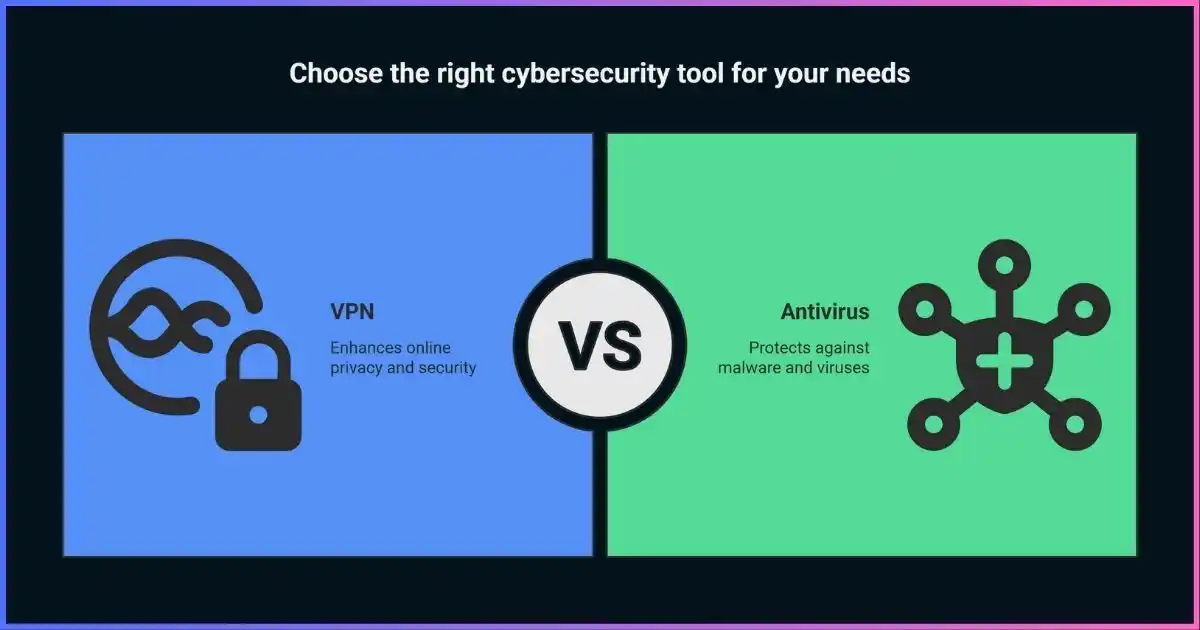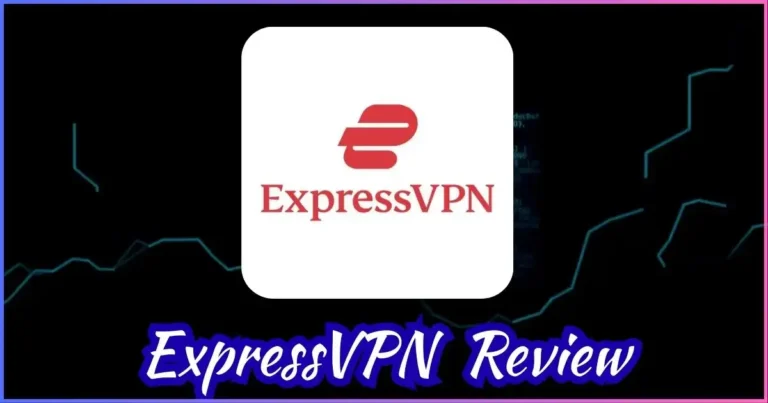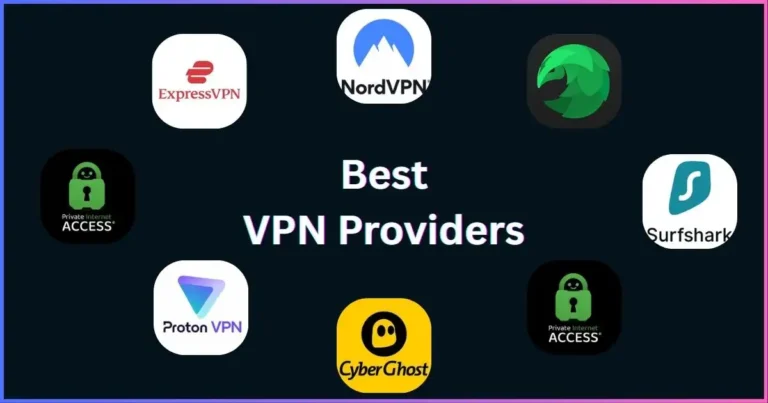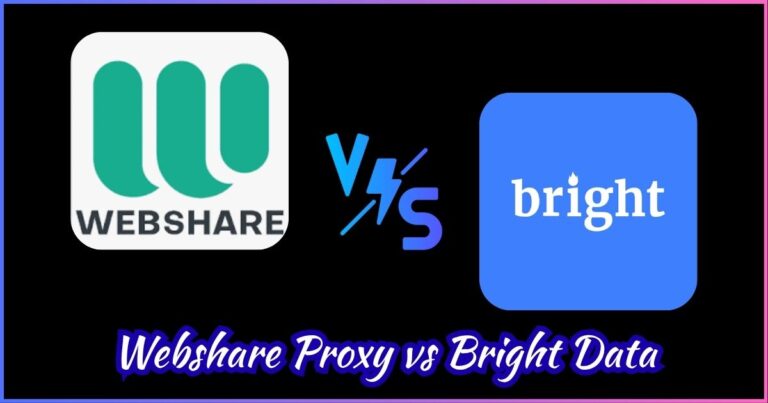VPN vs Antivirus: What’s the Difference?
Your Complete Guide to Understanding Cybersecurity Tools in
When it comes to protecting your digital life, understanding the difference between VPN vs antivirus software is crucial for making informed cybersecurity decisions. While both tools serve essential roles in keeping you safe online, they protect against entirely different types of threats and work in fundamentally different ways.
In this comprehensive guide, we’ll explore the key differences between VPNs and antivirus software, analyze current market statistics, and help you determine which cybersecurity tools explained here are right for your specific needs. With cyber attacks increasing by 30% in Q2 and reaching 1,636 weekly attacks per organization, understanding these protection methods has never been more important.
Whether you’re concerned about online privacy, malware protection, or both, this article will provide you with the knowledge needed to make the best security decisions for your digital life in .

What is a VPN?
A Virtual Private Network (VPN) creates an encrypted tunnel between your device and a VPN server, effectively masking your IP address and encrypting all your internet traffic. This technology was originally designed for businesses to allow remote workers to securely access company networks, but it has evolved into an essential privacy tool for everyday internet users.
VPNs work by routing your internet connection through their servers, which can be located anywhere in the world. This process serves multiple purposes: it hides your real IP address, encrypts your data to prevent interception, and can help you bypass geographic restrictions on content.
Key VPN Benefits:
- Encrypts internet traffic with military-grade encryption
- Hides your IP address and location
- Bypasses geo-restrictions and censorship
- Secures connections on public Wi-Fi networks
- Prevents ISP tracking and data collection
VPN Protocol Comparison
| Protocol | Speed | Security | Best Use Case |
|---|---|---|---|
| WireGuard | Excellent | High | General use, mobile |
| OpenVPN | Good | Excellent | Maximum security |
| IKEv2 | Very Good | High | Mobile devices |
| L2TP/IPSec | Moderate | Good | Basic protection |
What is Antivirus Software?
Antivirus software is a security program designed to detect, prevent, and remove malicious software (malware) from your computer or device. These programs work by scanning files, programs, and incoming data for known patterns of malicious code, suspicious behavior, and potential threats.
Modern antivirus solutions go far beyond simple virus detection. They now include real-time protection, behavioral analysis, web protection, email scanning, and advanced threat detection using artificial intelligence and machine learning algorithms. With 230,000 new malware samples produced daily, antivirus software has become more sophisticated to keep pace with evolving threats.
What Antivirus Software Protects Against:
- Viruses and worms
- Trojans and rootkits
- Ransomware attacks
- Spyware and adware
- Phishing attempts
- Malicious downloads
Antivirus Detection Methods
Signature-Based Detection
Identifies known malware by comparing file signatures against a database of known threats.
Behavioral Analysis
Monitors program behavior to detect suspicious activities that might indicate malware.
Heuristic Detection
Uses algorithms to identify potential threats based on code patterns and behavior.
Machine Learning
Employs AI to identify new and evolving threats that haven’t been seen before.
Key Differences Between VPN and Antivirus
Understanding the fundamental differences between VPN vs antivirus software is essential for building a comprehensive cybersecurity strategy. These tools serve complementary but distinct purposes in protecting your digital life.
VPN Protection
- Primary Function: Encrypts internet traffic and hides IP address
- Protection Type: Privacy and anonymity focused
- Scope: Network-level protection
- Threats Addressed: ISP tracking, government surveillance, geo-restrictions
- Works On: Internet connection level
Antivirus Protection
- Primary Function: Detects and removes malicious software
- Protection Type: Security and threat prevention
- Scope: Device-level protection
- Threats Addressed: Malware, viruses, ransomware, phishing
- Works On: Files, programs, and system processes
Detailed Comparison Table
| Feature | VPN | Antivirus |
|---|---|---|
| Data Encryption | ✓ Yes | ✗ No |
| Malware Detection | ✗ No | ✓ Yes |
| IP Address Hiding | ✓ Yes | ✗ No |
| Real-time Scanning | ✗ No | ✓ Yes |
| Geo-blocking Bypass | ✓ Yes | ✗ No |
| Performance Impact | Low to Moderate | Low to Moderate |
Market Statistics and Growth Trends
The cybersecurity landscape is experiencing unprecedented growth, with both VPN and antivirus markets expanding rapidly. Understanding these trends helps illustrate the increasing importance of both technologies in our digital world.
VPN Market Growth
- 2022 Market Size: $41.33 billion
- Projected 2030 Size: $124.94 billion
- CAGR: 17.7%
- New US Users (): 10 million expected
Antivirus Market Growth
- Market Size: $4.13 billion
- Projected Growth: 13.9% over 5 years
- US Users: 121 million Americans
- Potential New Users: 17 million in 6 months
Market Growth Comparison
Cybersecurity Threat Analysis
The cybersecurity threat landscape in has become increasingly complex and dangerous. Understanding the types of threats we face helps determine whether you need a VPN, antivirus, or both for comprehensive protection.
Cybersecurity Threat Distribution
Critical Statistics
- 230,000 new malware samples are created daily
- $4.88 million average cost of a data breach in
- 75% of attacks are now malware-free
- 1,636 weekly attacks per organization
- 54% of infected devices had antivirus installed
When to Use Each Tool
The decision between VPN vs antivirus often depends on your specific needs and the types of threats you face. Here’s a detailed breakdown of when each tool is most beneficial.
When You Need a VPN
- Public Wi-Fi Usage: Protect your data on unsecured networks
- Privacy Concerns: Hide your browsing activity from ISPs and governments
- Geo-restrictions: Access content blocked in your region
- Remote Work: Secure access to company resources
- Censorship Bypass: Access blocked websites and services
- Torrenting: Maintain anonymity during P2P activities
When You Need Antivirus
- File Downloads: Scan downloads for malware
- Email Security: Protect against phishing and malicious attachments
- Web Browsing: Block malicious websites and ads
- System Protection: Real-time monitoring of system processes
- USB Devices: Scan external storage for threats
- Business Environment: Protect sensitive corporate data
User Scenarios and Recommendations
Frequent Traveler
Priority: VPN for public Wi-Fi security and accessing home country content
Heavy Downloader
Priority: Antivirus for scanning downloads and protecting against malware
Privacy-Conscious User
Priority: VPN for anonymity and preventing tracking
Business Professional
Priority: Both tools for comprehensive security and remote work protection
Using VPN and Antivirus Together
The most effective cybersecurity strategy combines both VPN and antivirus protection. Rather than choosing between VPN vs antivirus, using both tools together creates a layered defense system that addresses different aspects of digital security.
Benefits of Combined Protection
- Complete Coverage: VPN protects your connection, antivirus protects your device
- Multiple Threat Types: Address both privacy and security concerns
- Enhanced Security: Layered defense is harder to penetrate
- Business Compliance: Meet enterprise security requirements
- Peace of Mind: Comprehensive protection for all scenarios
Security Stack Visualization
Best Practices for Combined Use
- Configure VPN to start automatically when connecting to public networks
- Set antivirus to perform regular scheduled scans
- Keep both tools updated with latest definitions and patches
- Monitor performance to ensure tools don’t conflict
- Use reputable providers for both services
Frequently Asked Questions
Do I need both VPN and antivirus?
Yes, for comprehensive protection, you should use both. VPN protects your privacy and encrypts your connection, while antivirus protects your device from malware and viruses. They serve different purposes and complement each other perfectly.
Can a VPN protect against viruses?
No, VPNs cannot protect against viruses or malware. VPNs encrypt your internet traffic and hide your IP address, but they don’t scan files or detect malicious software. You need antivirus software for malware protection.
Does antivirus slow down my VPN?
Generally, antivirus software doesn’t significantly impact VPN performance. Both tools are designed to run efficiently in the background. However, if your antivirus performs deep packet inspection, it might slightly reduce VPN speed.
Is Windows Defender enough, or do I need additional antivirus?
Windows Defender has improved significantly and provides basic protection for most users. However, third-party antivirus solutions often offer additional features like advanced threat detection, web protection, and more comprehensive scanning capabilities.
Are free VPNs and antivirus software safe?
Free versions often come with limitations and potential privacy concerns. Many free VPNs log user data and have slower speeds, while free antivirus may lack advanced features. Premium solutions typically offer better protection, support, and privacy policies.
How much do VPN and antivirus cost?
VPN services typically cost $3-12 per month, while antivirus software ranges from $20-60 annually. Many providers offer bundled packages that include both services at a discounted rate. The investment is worthwhile considering the average data breach cost is $4.88 million.
Conclusion
Understanding the difference between VPN vs antivirus is crucial for making informed cybersecurity decisions. While VPNs excel at protecting your privacy and encrypting your internet connection, antivirus software focuses on detecting and removing malicious software from your devices.
The cybersecurity landscape in is more challenging than ever, with cyber attacks increasing by 30% and new threats emerging daily. Rather than choosing between these cybersecurity tools explained in this guide, the most effective approach is to use both VPN and antivirus protection together for comprehensive coverage.
VPNs provide essential privacy protection, especially when using public Wi-Fi networks or accessing geo-restricted content. Antivirus software remains crucial for protecting against the 230,000 new malware samples created daily and the 91% of attacks that start with phishing.
By implementing both tools as part of a layered security strategy, you can protect both your privacy and your devices from the full spectrum of digital threats. The investment in these tools is minimal compared to the potential cost of a security breach, which averages $4.88 million for businesses.
Ready to Protect Your Digital Life?
Start with a trusted VPN service to secure your internet connection and protect your privacy online.
Get Surfshark VPN – Start Free TrialDisclosure: We may earn commission for purchases that are made by visitors on this site at no additional cost on your end. All information is for educational purposes and is not intended for financial advice. Read our affiliate disclosure.






